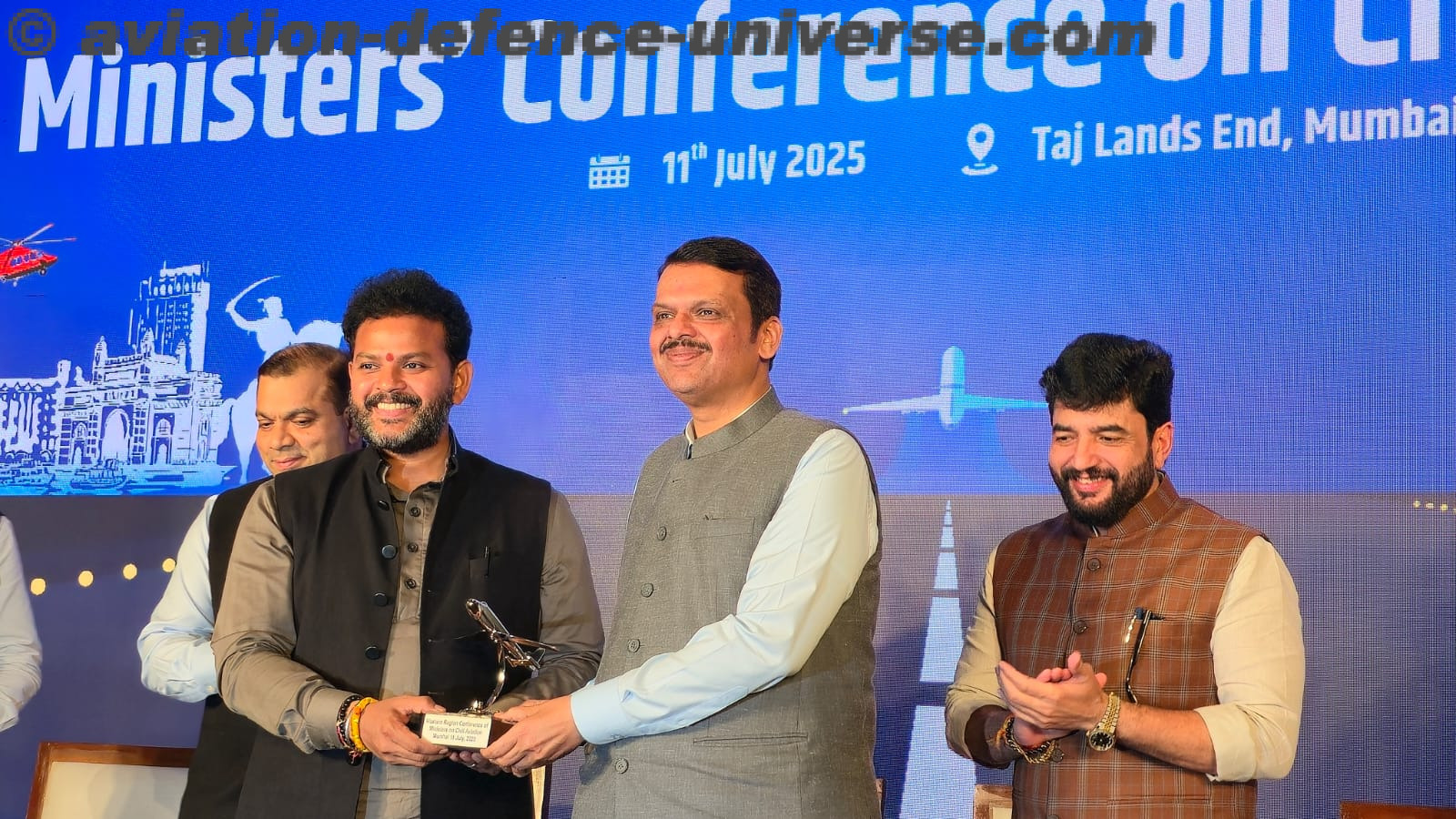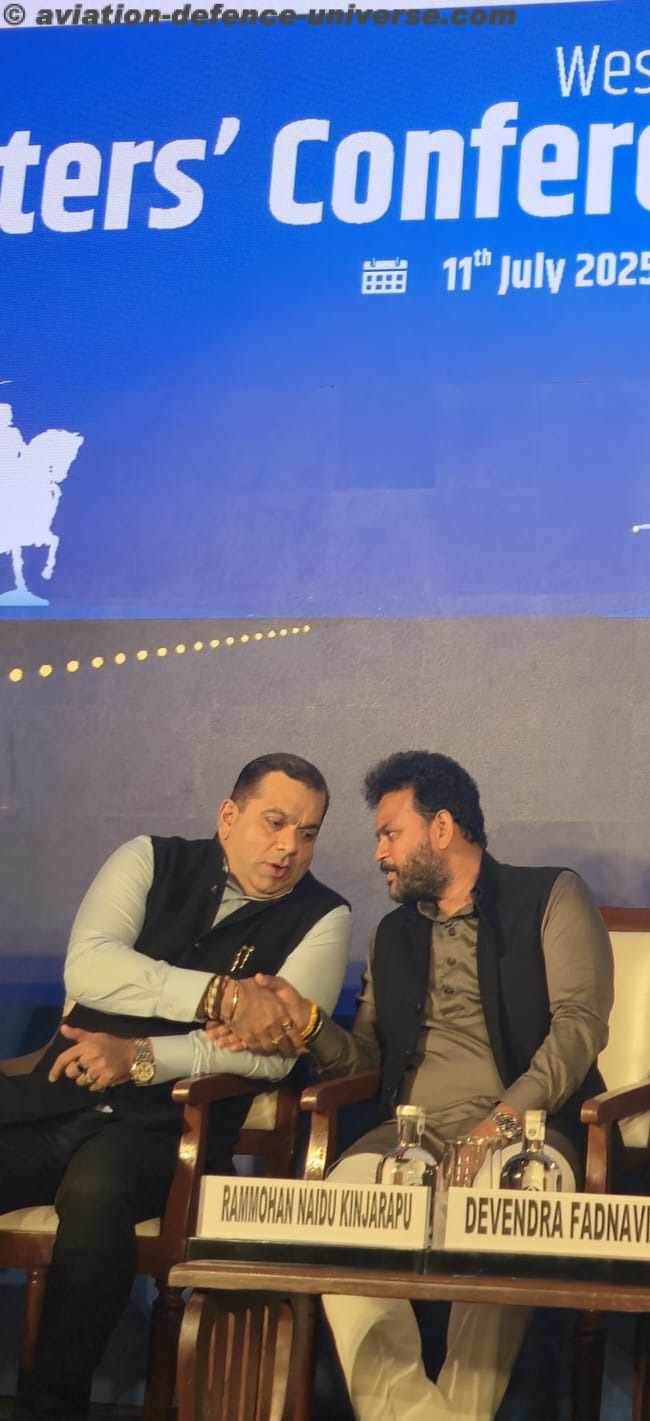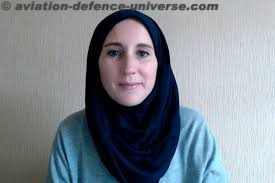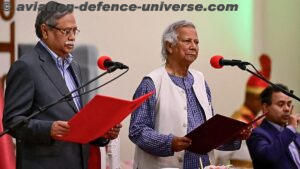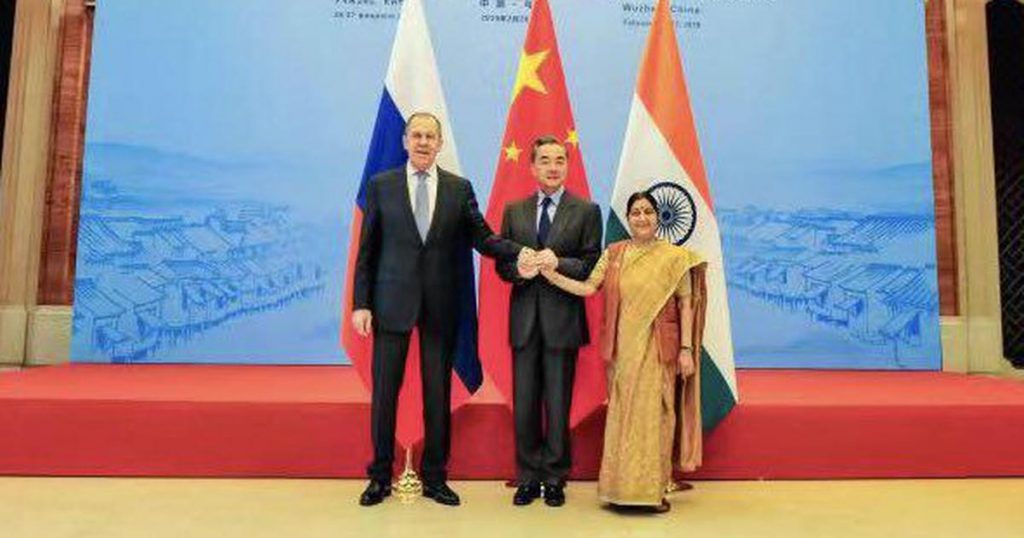
Russian Foreign Minister Sergei Lavrov, Chinese Foreign Minister Wang Yi and Indian External Affairs Minister Sushma Swaraj on Wednesday. | Courtesy : MEA India/Twitter
Zhejiang, China . 27 February 2019. The Foreign Ministers of Russia, India and China held the 16th meeting where they discussed international and regional issues of common concern. The Ministers reiterated the importance they attach to the status of India in international affairs and support its aspiration to play a greater role in the United Nations.
The Ministers strongly condemned terrorism in all its forms and manifestations. They called on the international community to strengthen UN-led global counter-terrorism cooperation by fully implementing the relevant UN Security Council (UNSC) resolutions and the Global Counter-Terrorism Strategy in accordance with the Charter of the United Nations and the principles of international law , while respecting sovereignty and independence of all states, and expeditiously finalizing and adopting the UN Comprehensive Convention on International Terrorism at the earliest. They reiterated that states and their competent agencies play a central role in both national and international counter-terrorism efforts. They also stressed that terrorist groups cannot be supported and used in political and geopolitical goals.
The Ministers stressed that those committing, orchestrating, inciting or supporting terrorist acts must be held accountable and brought to justice in accordance with existing international commitments on countering terrorism, including the UN Global Counter-Terrorism Strategy, relevant UN Security Council resolutions and the FATF standards, international treaties, including on the basis of the principle “extradite or prosecute” and relevant international and bilateral obligations and in compliance with applicable domestic legislation.
The Ministers believed that the United Nations should play a key role on security-related issues in the use of information and communication technologies (ICTs) and welcomed adoption by the UN GA 73-d session of the resolutions “Developments in the Field of Information and Telecommunications in the Context of International Security” and “Countering the use of information and communications technologies for criminal purposes”. They agreed that the UN has a key role in developing universally accepted norms of responsible state behavior in the use of ICTs to ensure a peaceful, secure, open, cooperative, stable, orderly, accessible and equitable ICT environment. They recognized the need for a universal and binding regulatory instrument on combating the criminal use of ICTs in the UN framework and reiterated that all countries should participate in the evolution and functioning of the Internet and its governance on an equal footing. It is important to ensure the inclusiveness and openness of relevant international processes and the fair distribution of basic internet resources, and to build a multilateral, democratic and transparent Internet governance system.They remained committed to working together for the peaceful, secure, open, cooperative and orderly use of ICTs.
Emphasizing the indivisible nature of peace and security, the Ministers stressed that current challenges to international security require urgent efforts to promote global stability. Such efforts should be based on the principles of consensus and respect for interests and concerns of all interested States.
Prevention of arms race in outer space is a key factor for maintaining international peace and security. The Ministers expressed their serious concern about the possibility of an arms race in outer space and of outer space turning into an arena for military confrontation. They reaffirmed that the prevention of an arms race, including of the placement of weapons in outer space, would avert a grave danger for international peace and security. The Ministers emphasised the paramount importance of strict compliance with the existing legal regime providing for the peaceful use of outer space. They also reaffirmed that there is a need to consolidate and reinforce this regime.











